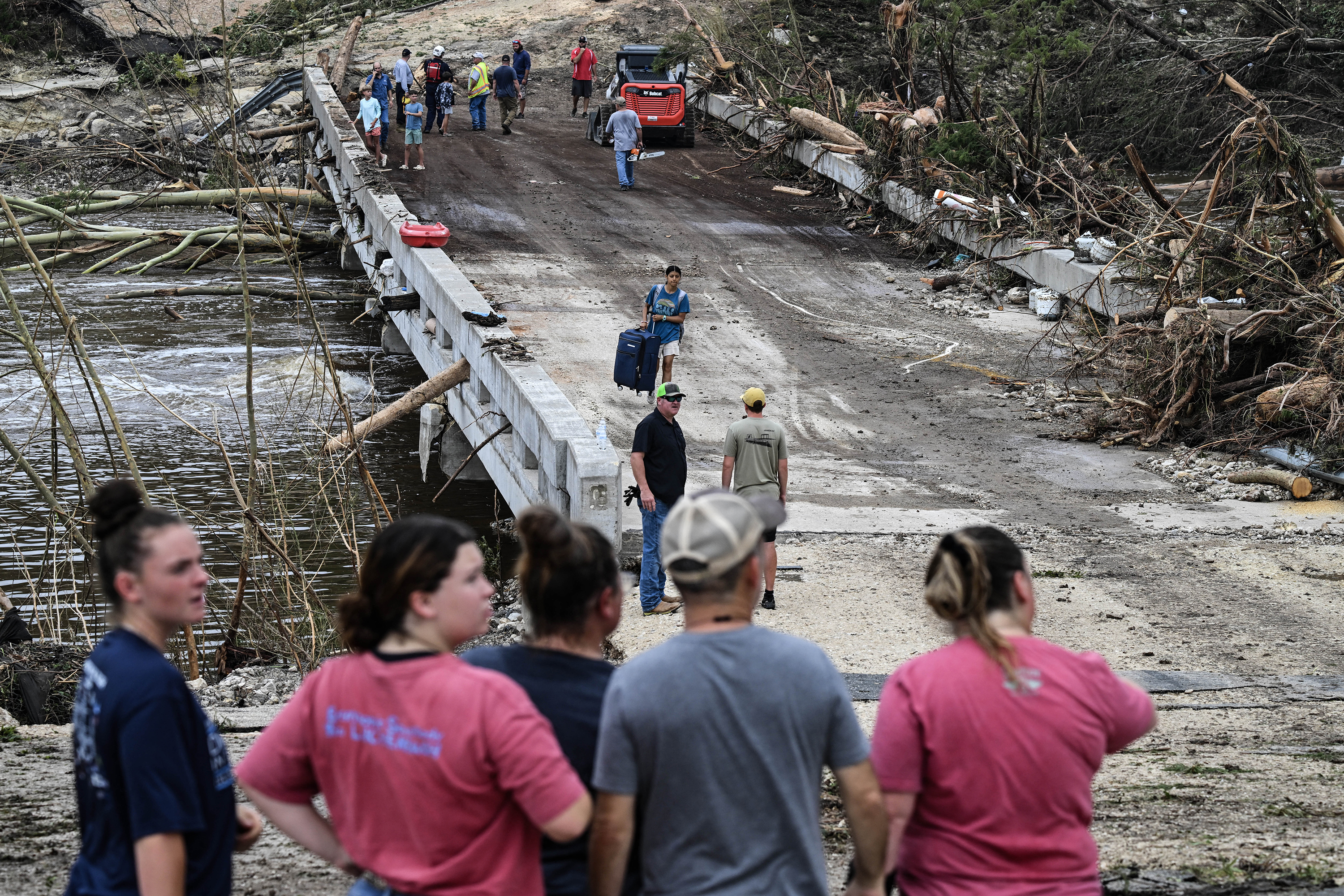CASA for Kids of East Texas relocation to allow nonprofit to continue helping kids in need
Published 6:53 pm Friday, June 18, 2021

- The CASA for Kids of East Texas children's center houses an onsite visitation room — a first for the organization — where volunteer advocates can meet in a quiet, safe and inviting environment on campus. The center also has a training facility for volunteers, a toy shop for kids, a storage room, a kitchen and a lobby area.
Before serving 734 abused and neglected children in 2020, CASA for Kids of East Texas identified in 2019 that the nonprofit had outgrown its 4,000-square-foot building.
As the local CASA prepared for a big year, volunteers could no longer fit in the building to attend trainings. As advocates saw a growth in the number of children served, they knew they needed a new facility.
After planning and exploring different locations of the community, the nonprofit finally celebrated its new location and renovated campus, located at 3616 West Way St. in Tyler, Friday morning with a grand opening and ribbon cutting ceremony.
CASA, which stands for Court Appointed Special Advocates, has a mission to support abused and neglected children in Smith, Van Zandt and Wood counties by providing court appointed trained community volunteers who advocate for loving, safe and permanent outcomes.
CASA said in a statement the new facility will enable the group to recruit, train and support the volunteers who help abused and neglected children in East Texas.
The new campus features two buildings used as a children’s center and a conference center.
The children’s center houses an onsite visitation room — a first for the organization — where volunteer advocates can meet in a quiet, safe and inviting environment on campus, a training facility for volunteers, a toy shop for kids, a storage room, kitchen and lobby area.
The conference center easily accommodates over 100 participants for trainings, meetings and other on-site events. The combined campus is three times the size of CASA’s former building.
Executive Director Mary Jo Burgess said the campus surpassed every need, expectation and dream.
“We have over 200 volunteers, and they’re required to take training. They couldn’t come on site because we could only squeeze in about 25 at a time in a room,” Burgess said.
In those rooms, volunteers will not only be able to attend their training, but Burgess said advocates can meet in a safe and inviting environment to speak with children about how they’re feeling and gather information to report to a judge about the child’s welfare.
At the ribbon cutting ceremony, Burgess said they had a great turnout and CASA ended up with much more than what they wanted, which was just one building.
“We had some of our staff family here today, we had our board of advocates, we had our board of directors, we had many of our donors, elected officials, other people in business and other charities. So it was a very good representation of our community,” Burgess said.
Burgess said the buildings were bought in 2020 and renovated throughout the year. In January this year, they finished the administrative building and were able to bring their staff back on campus.
Leigh Ann Taylor, an advocate at CASA, volunteers her time for children and the toy room, now housed in the children’s center. Taylor said she advocates for an 18-month-old, 1-year-old and a 15-month-old.
“Child abuse is an awful thing,” Taylor said. “These children have, many times, nobody but their advocate. That’s a constant in their life. I do not see how these children thrive, and I just want to do my part to try to help them with their unspeakable circumstances that they’ve been handed.”
Jean Cox, also an advocate and volunteer at the kids’ toy room, said the organization is always in need of volunteers.
“(For advocated children), we have a visitation room, it’s got all kinds of play toys, a chalkboard, everything in there for the kids,” she said. “They have a quiet place to visit, and during the visit, the advocate can bring them in and they get to choose a toy. Most of these toys will go out with our advocates as gifts for their kids. We’ve had several today.”
Cox said advocates visit with the child frequently in their foster home, talk over the phone or on FaceTime and provide a listening ear.
“I always tell everybody, even though we’re designated as advocates, I feel more like their grandma. We visit their school, we talk to their teachers, and most of all, we represent these babies in court. We are helpful in deciding what’s best for the child,” Cox said.
Volunteers work hand in hand with a team, including lawyers, Child Protective Services case workers and judges.
“Like I said, these are our kids and they need this. Sometimes we’re the only constant in their lives right now,” she said.
To become an advocate or volunteer, visit casaforkidsofet.org.






